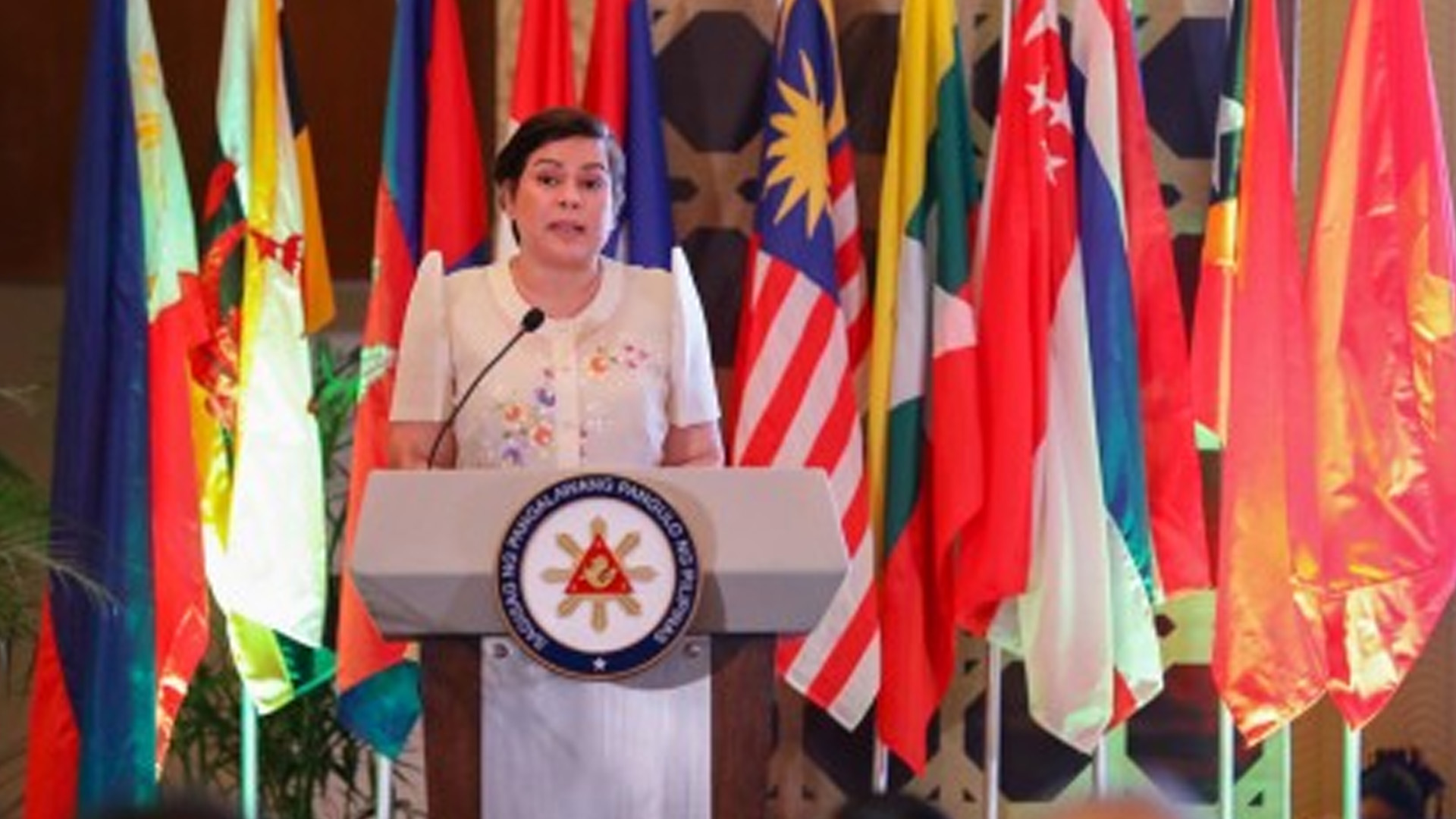Vice President and Education Secretary Sara Z. Duterte emphasized to Southeast Asian Ministers of Education Organization (SEAMEO) member countries the importance of equitable access to technology and education.
In a video message, Duterte said benefits of technology should reach everyone, especially the marginalized and vulnerable.
“We must secure the gains made in technology in education and prepare for the rapidly changing technological landscape. Our strategies must be agile, forward-thinking, and focused on the well-being and success of our learners, and of course, teachers,” she said.
Duterte, who currently serves as SEAMEO president, made the statement based on the United Nations Educational, Scientific and Cultural Organization (UNESCO) 2023 Global Education Meeting (GEM) Report which shows that technology is changing the way education is being delivered in South-East Asia.
The report said the region has placed high priority on technological reform for socioeconomic development with around 400 million internet users in 2020 and about 40 million of it went online for the first time.
With almost 3 million enrolments, Indonesia, the Philippines and Vietnam had the highest growth rate of new learners in Coursera, the report said.
In this digital age, however, Duterte said industries are evolving rapidly demanding new skills and competencies.
“We must align our education systems with these evolving demands to avoid skills mismatches and job losses. It is estimated that 6.6 million Southeast Asian workers will face redundancy over the next decade due to technological advancements,” she said.
“This emphasizes the urgent need for targeted career guidance, relevant rescaling, and upscaling opportunities,” she added.
The 2023 GEM report was launched on the sidelines of the SEAMEO 46th High Officials Meeting held on Nov. 28-29 in Bangkok, Thailand.
Duterte said the recommendations in the report must be carefully considered by SEAMEO member countries in implementing educational reforms, curricula, policies and programs to national and local context.
She hopes that the findings of the report would facilitate more opportunities for collaboration in the region. (PNA)








